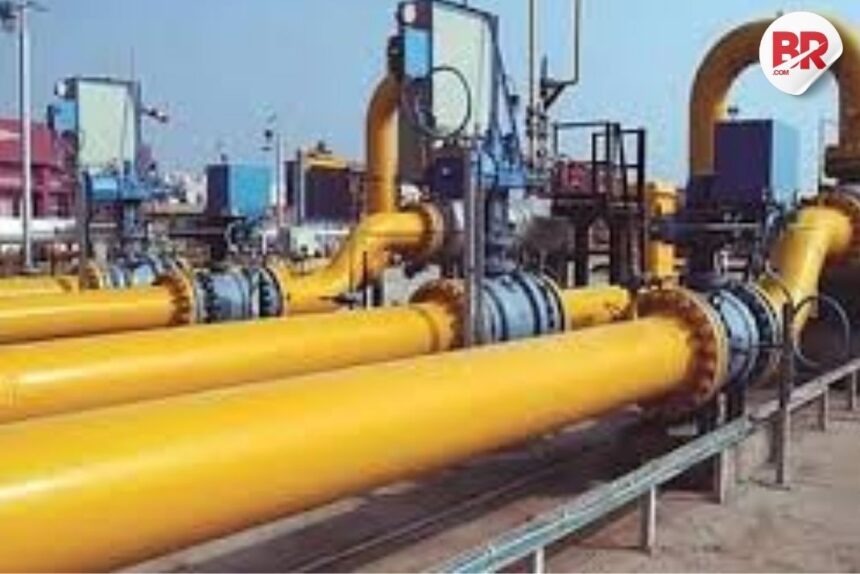
The Petroleum and Natural Gas Regulatory Board (PNGRB) has introduced new rules for gas pipeline tariffs. These changes are designed to reduce transportation costs for companies that supply CNG (Compressed Natural Gas) and PNG (Piped Natural Gas), making clean fuel more affordable and accessible, especially in areas that are currently underserved.
Earlier, the tariff (fee) system had three zones based on how far the gas had to travel. The farther it had to go, the higher the cost. Now, this has been simplified to just two zones, and Zone 1’s lower tariff will apply to all CNG and PNG projects across India, no matter the distance from the gas source.


Previously, cities that were far from the main pipelines had to pay more to transport gas, which made expanding clean fuel services difficult. The new rule removes that distance-based penalty, helping companies like IGL, MGL, Adani-Total, and Torrent to grow their services more easily and affordably.
Additional Rules for Companies
To keep things stable and reduce price risks, companies must now buy at least 75% of their gas through long-term contracts (3 years or more). This will help lower overall costs and make prices more predictable for both companies and customers.
Read more: Domestic Gas Prices Go Up by 5% in July Due to Israel-Iran Conflict Impact
Infrastructure Development Plan
A new Pipeline Development Reserve has also been created. If any pipeline company earns more than 75% of its capacity, 50% of that extra income (after tax) will be used to build more infrastructure. The other 50% will go back to customers through reduced tariffs. This creates a fair, performance-based system for future growth.
This move is expected to make CNG and PNG cheaper and more accessible, while also encouraging companies to expand into more parts of India.












